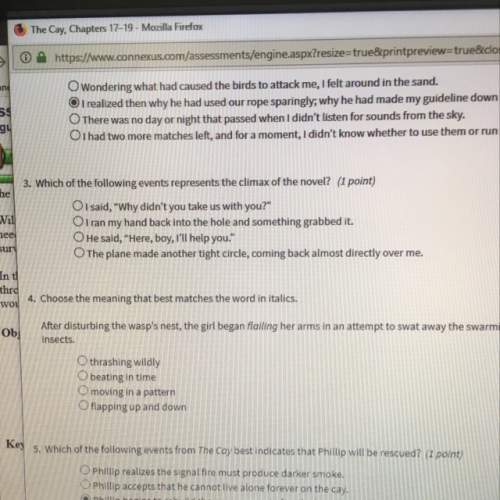
Excerpt from “Address at Rice University on the Nation's Space Effort” by John F. Kennedy
John F. Kennedy became president in 1961 at a time when there were serious tensions between the United States and the Soviet Union; each country strove to surpass the other in military, political, and economic power. When Kennedy took office, the public perception was that the Soviet Union had established itself as leader in the “space race,” a term coined to represent the competition between the two super powers for dominance in development of space technologies and exploration. In this speech, delivered at Rice University in Texas, Kennedy describes his goals for space exploration, which included landing a man on the moon.
1 Those who came before us made certain that this country rode the first waves of the industrial revolution, the first waves of modern invention, and the first wave of nuclear power, and this generation does not intend to founder in the backwash of the coming age of space. We mean to be a part of it–we mean to lead it. For the eyes of the world now look into space, to the moon and to the planets beyond, and we have vowed that we shall not see it governed by a hostile flag of conquest, but by a banner of freedom and peace. We have vowed that we shall not see space filled with weapons of mass destruction, but with instruments of knowledge and understanding.
2 Yet the vows of this Nation can only be fulfilled if we in this Nation are first, and, therefore, we intend to be first. In short, our leadership in science and industry, our hopes for peace and security, our obligations to ourselves as well as others, all require us to make this effort, to solve these mysteries, to solve them for the good of all men, and to become the world’s leading space-faring nation.
3 We set sail on this new sea because there is new knowledge to be gained, and new rights to be won, and they must be won and used for the progress of all people. For space science, like nuclear science and all technology, has no conscience of its own. Whether it will become a force for good or ill depends on man, and only if the United States occupies a position of pre-eminence can we help decide whether this new ocean will be a sea of peace or a new terrifying theater of war. I do not say that we should or will go unprotected against the hostile misuse of space any more than we go unprotected against the hostile use of land or sea, but I do say that space can be explored and mastered without feeding the fires of war, without repeating the mistakes that man has made in extending his writ around this globe of ours.
4 We choose to go to the moon. We choose to go to the moon in this decade and do the other things, not because they are easy, but because they are hard, because that goal will serve to organize and measure the best of our energies and skills, because that challenge is one that we are willing to accept, one we are unwilling to postpone, and one which we intend to win, and the others, too.
5 It is for these reasons that I regard the decision last year to shift our efforts in space from low to high gear as among the most important decisions that will be made during my incumbency in the office of the Presidency.
6 In the last 24 hours we have seen facilities now being created for the greatest and most complex exploration in man’s history. We have felt the ground shake and the air shattered by the testing of a Saturn C-1 booster rocket, many times as powerful as the Atlas which launched John Glenn, generating power equivalent to 10,000 automobiles with their accelerators on the floor. We have seen the site where five F-1 rocket engines, each one as powerful as all eight engines of the Saturn combined, will be clustered together to make the advanced Saturn missile, assembled in a new building to be built at Cape Canaveral as tall as a 48 story structure, as wide as a city block, and as long as two lengths of this field.
Which paragraph from the text most effectively develops Kennedy’s theme that anything is possible if people are willing to invest the effort to make it happen?
Paragraph 1
Paragraph 3
Paragraph 4
Paragraph 6

Answers: 3


Another question on English


English, 22.06.2019 03:00
In about two hundred words, explain how the author's use of folktales and symbolism add meaning to the story and convey the central theme of the novel: the disintegration of the traditional igbo society as a result of its contact with european practices and beliefs.
Answers: 3

English, 22.06.2019 07:30
Which traits are strongest in your persuasive eassy: ideas, orginization, voice, word choice, sentence fluency, or conventions? (provide textual evidence from your persuasive essay to support your answer.)
Answers: 1

English, 22.06.2019 11:00
Which three elements of gothic literature clearly mirror the situation of women in the late nineteenth and early twentieth centuries? strange characters and settings an overall atmosphere of mystery and suspense unexplained or supernatural events characters’ inability to control their fates high emotions experienced by characters suffering from a sense of doom women threatened by powerful males
Answers: 1
You know the right answer?
Excerpt from “Address at Rice University on the Nation's Space Effort” by John F. Kennedy
John F. K...
Questions

History, 10.01.2020 06:31

Computers and Technology, 10.01.2020 06:31


Mathematics, 10.01.2020 06:31


Mathematics, 10.01.2020 06:31

















